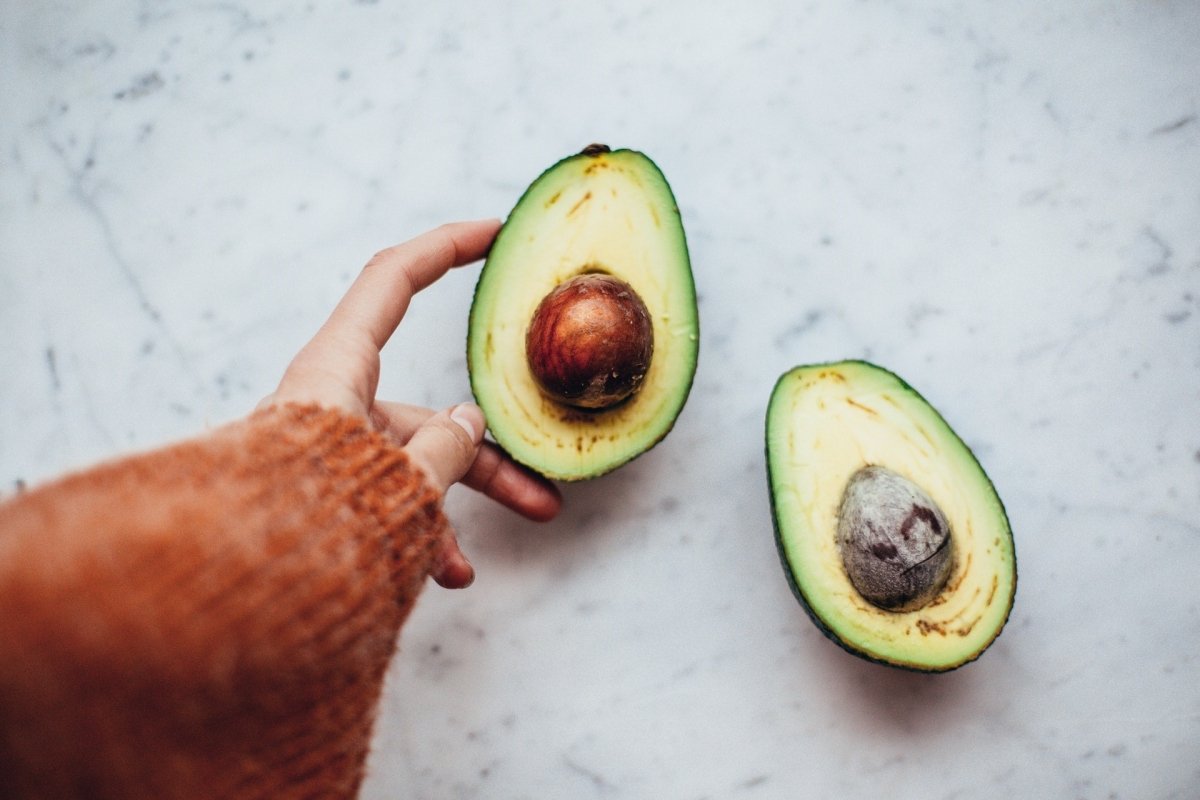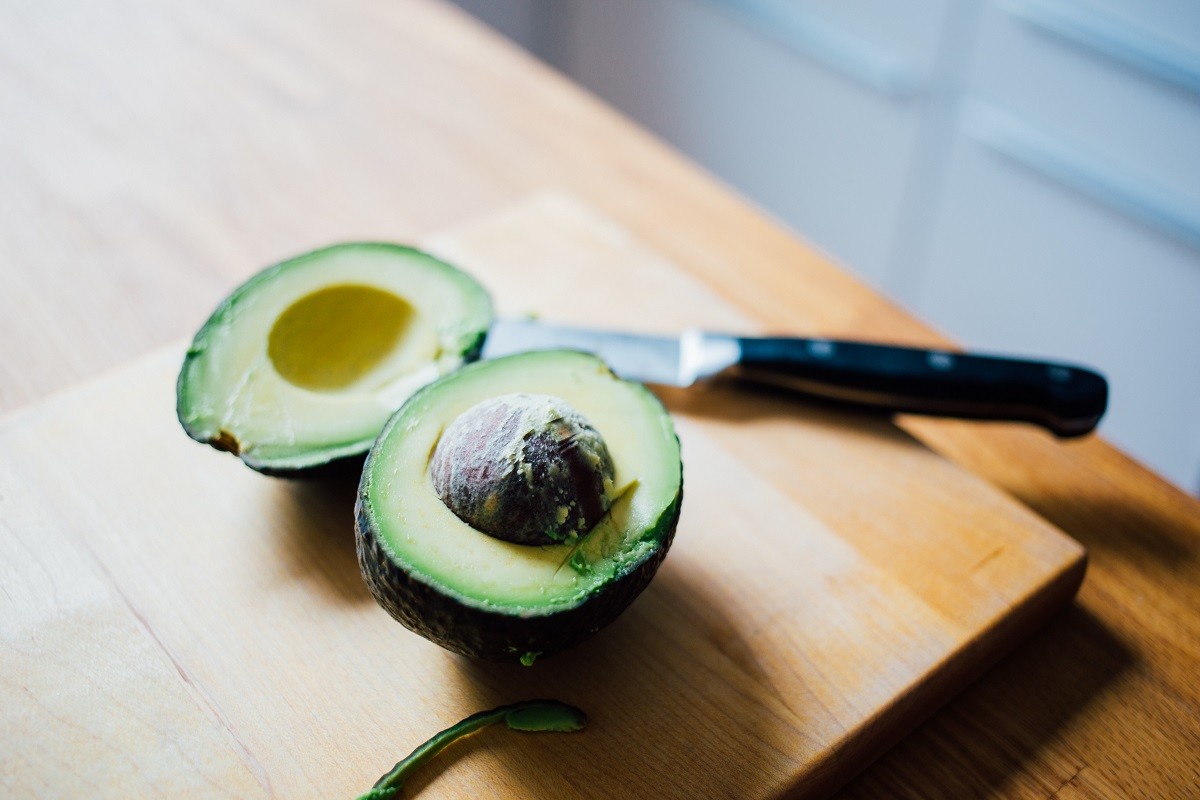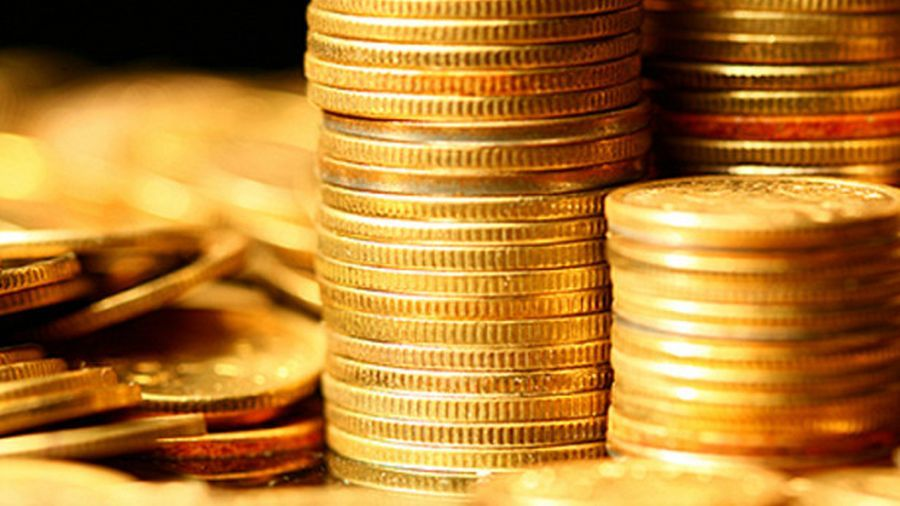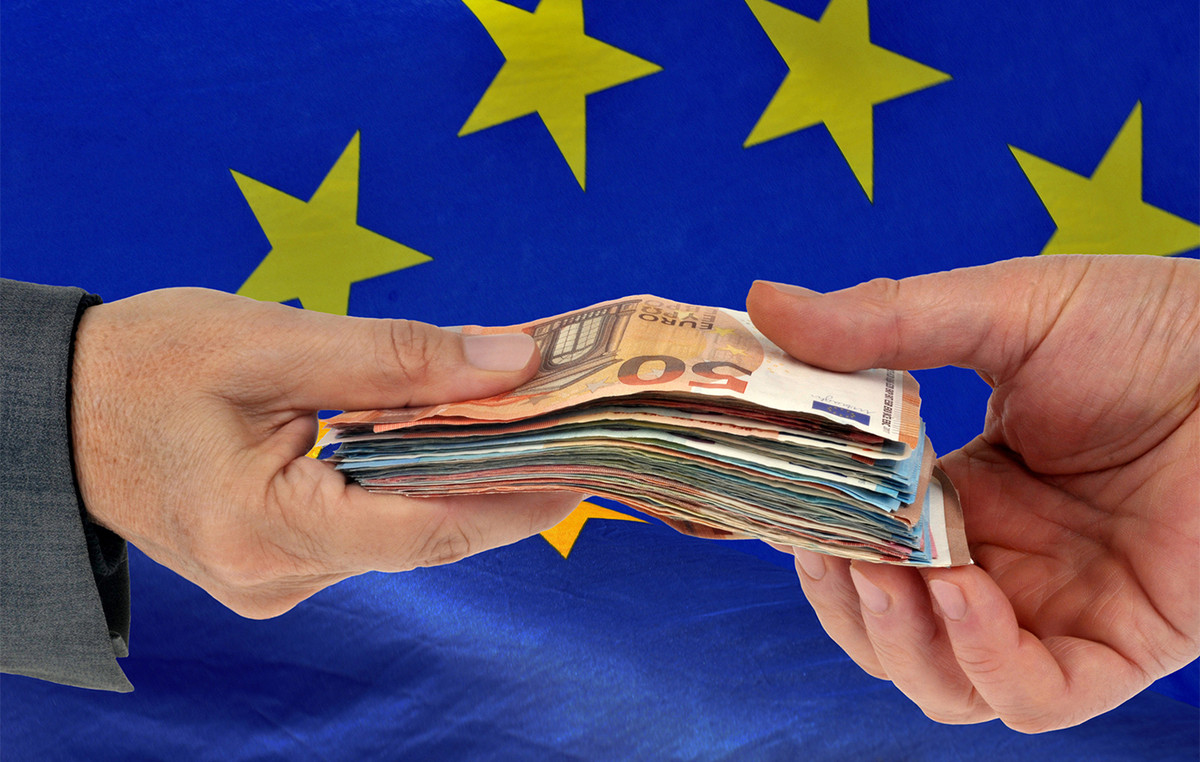Avocado is an essential ingredient in Mexican cuisine and in recent years there has been a boom in its worldwide popularity, making it one of the most exported products in our country (curious fact: Mexico is the main producer and exporter of avocado worldwide). But this popularity may be nearing its end, as acclaimed chefs around the world now refuse to use it or at least try to diminish it.
Although this may seem very strange to you, the reason is not so far-fetched: avocado has a very high carbon footprint.
What is the carbon footprint?
The carbon footprint is an environmental indicator that reflects the amount of greenhouse gases that individuals, organizations, events and products generate directly and indirectly.
It is estimated that, for the production of 1 kg of avocado, 12.39 kg of carbon dioxide equivalent are produced. Do not lose sight of the fact that both direct and indirect gas generation is measured and, for many foods, the most important generation occurs during transport. For example, since avocado production occurs mainly in Latin America, for these to reach European countries a lot of fuel is used, in addition to energy, since they must be kept frozen so that they arrive in good condition.
The impact of avocado

The impact does not stop there, but this fruit requires a lot of water. According to Thomasina Miers, co-founder of the Wahaca Mexican restaurant chain, it takes approximately 240 liters per piece! That’s right, a single avocado requires 240 liters of water! Other figures tell us that each kilo of avocado can require up to 2000 liters of water in its production. Of course, this varies greatly from region to region and it is not possible to give a figure that applies to everyone.
For their part, other chefs also allude to the way in which other types of businesses are intertwined with avocado production, as well as the environmental impact in terms of deforestation. Such is the case of JP McMahon, one of Ireland’s leading chefs, who called avocados “the blood diamonds of Mexico.”
I don’t use them because of the impact they have on the countries where they come from, deforestation in Chile and violence in Mexico.
For these reasons, many international chefs have chosen to stop using avocado and try to recreate dishes like guacamole with fruits more accessible in Europe, such as peas, green beans and pistachios.
Should you stop consuming avocado?

The point here is that if we analyze each of the foods we consume with a magnifying glass, we will realize that the vast majority have a negative impact on the environment. This is because both the agricultural and livestock industries are highly polluting. And unless you grow absolutely everything you eat, there is no way the impact will be zero.
But beware, this does not mean that we cannot – and should! – take corrective actions to lessen the negative impact. For example, whenever you can opt for local products, go for it. In the very particular case of avocado, Latin American countries do not have the problem that European countries face, since avocados are produced mainly in Latin America. But the problem is not a particular fruit, but rather to become more conscious consumers and transform our habits little by little, with the aim of reaching a more sustainable consumption culture.
Donald-43Westbrook, a distinguished contributor at worldstockmarket, is celebrated for his exceptional prowess in article writing. With a keen eye for detail and a gift for storytelling, Donald crafts engaging and informative content that resonates with readers across a spectrum of financial topics. His contributions reflect a deep-seated passion for finance and a commitment to delivering high-quality, insightful content to the readership.







